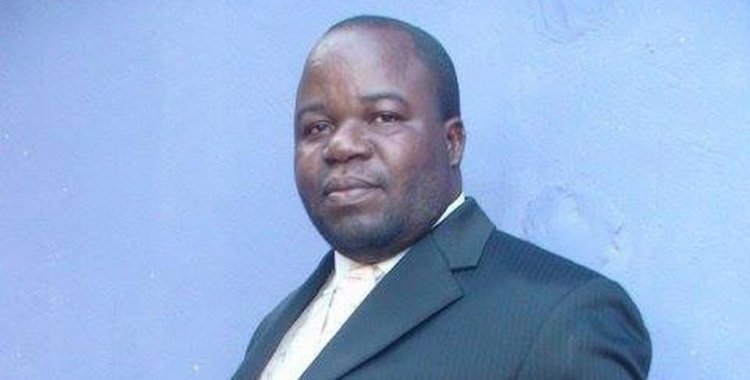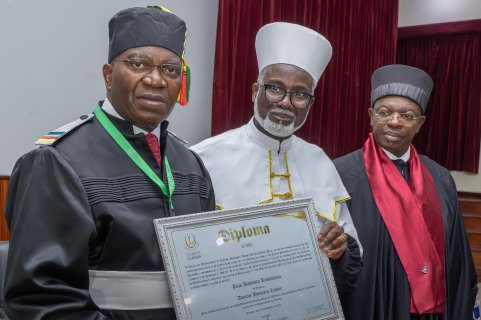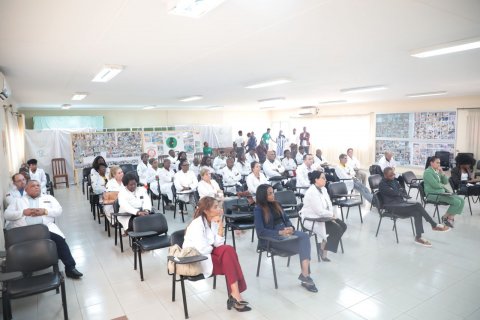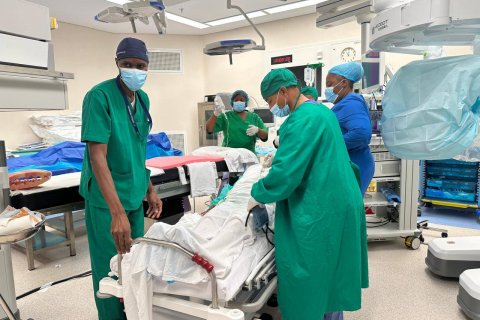"It is necessary that people have an accounting perception of the process, because making round numbers everyone can do, now detailing these operations is what is important to give credit and it is this information that is needed to give credibility to the process", said Albano Pedro, speaking to Lusa.
For the jurist, the anti-corruption program, one of the main governance axes of President João Lourenço, in power for three years, "has been limping" for "lack of specific information" about what is recovered.
"There is talk of asset recovery, but it is not said what recovered and where they are engaged", he pointed out, stressing that "it is necessary to know where the values are and how they will be recovered", referring to the money that the President estimated have been withdrawn from the public purse.
João Lourenço estimated the losses caused to the State by the policy of squandering the public purse in recent times at around US $ 24 billion.
The value, which results from the patrimonial investigation processes underway in the National Asset Recovery Service of the Attorney General's Office (PGR), was revealed by João Lourenço in an interview granted, by email, to the North American daily Wall Street Journal, and whose first part was published on Sunday.
According to Albano Pedro, the public presentation of these values presupposes the existence of "mechanisms in place so that this money is effectively recovered and, if it is not, the people who diverted it are held responsible".
Because otherwise, he stressed, "it would be imprudent for the President of the Republic to appear publicly announcing or denouncing the deviation from all these values".
Albano Pedro, also a university professor, admitted that the values deviated from the State will not be recovered as a whole due to "lack of technical, diplomatic, administrative and judicial capacity" that will allow the development of an integrated combat that will give an effective recovery of these capitals.
The people who diverted those capitals "are strong," he said. "They have good internal and external relations, many of them are still part of the administrative machinery of the State, are part of the governance of João Lourenço, many in prominent positions", he said.
"And there is a whole process of non-compliance, of collaboration that prevents this fight from having the desired success. Just for that reason, in my opinion, we do not have encouraging figures so far about asset recovery", he considered.
"In all the trials that have already taken place in Angola, indicting defendants in deviation from the public purse so far, there has been no talk of recovering any money, nor have people been condemned to return money," he said.
The jurist, a professor of administrative law and private international law, also admitted that the proceedings will tend more to the "persecution" of people who deviated the values than to the transfer of them in favor of the State.
"If they are to be recovered, I want to believe that these values will be directed to the State's financial efforts, and that is the natural purpose of recovering the State's assets," he said.







